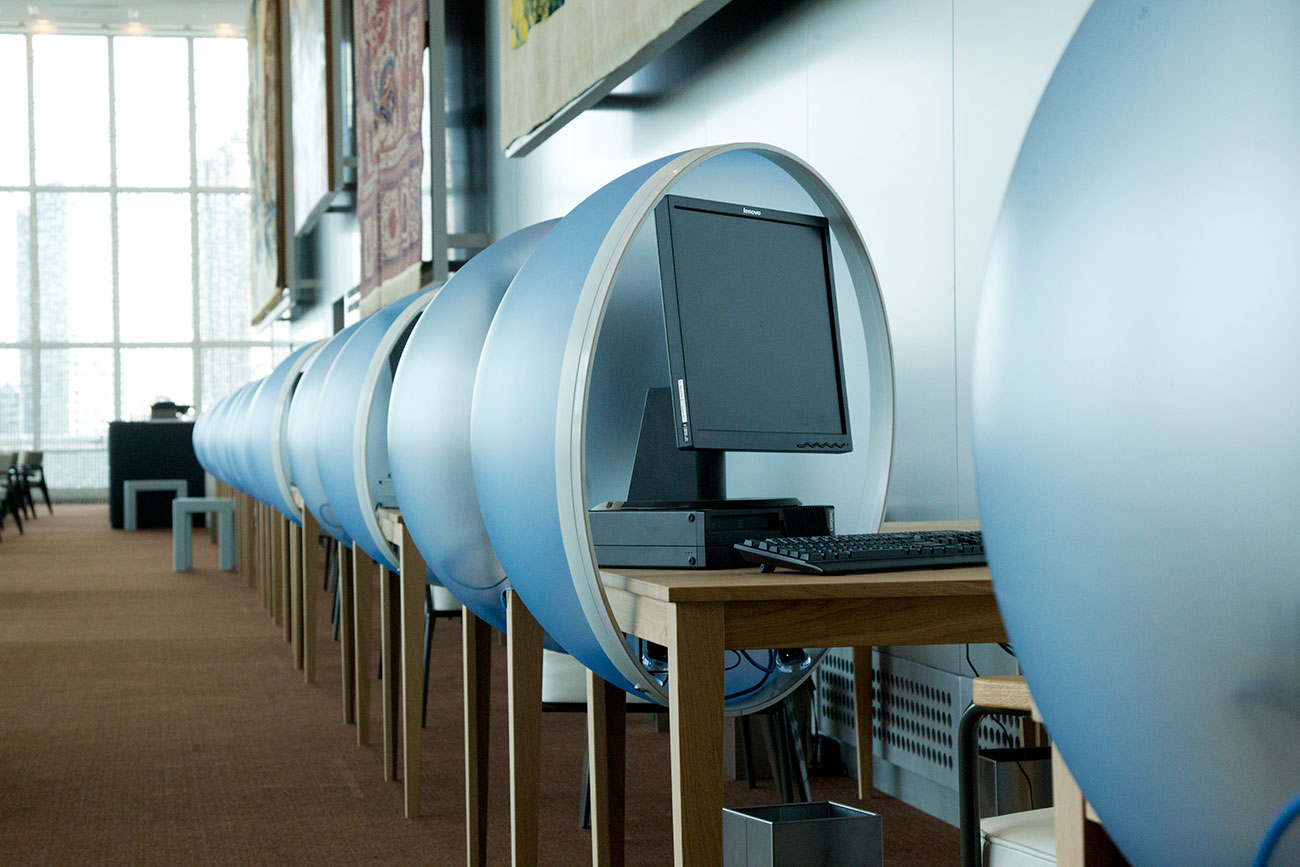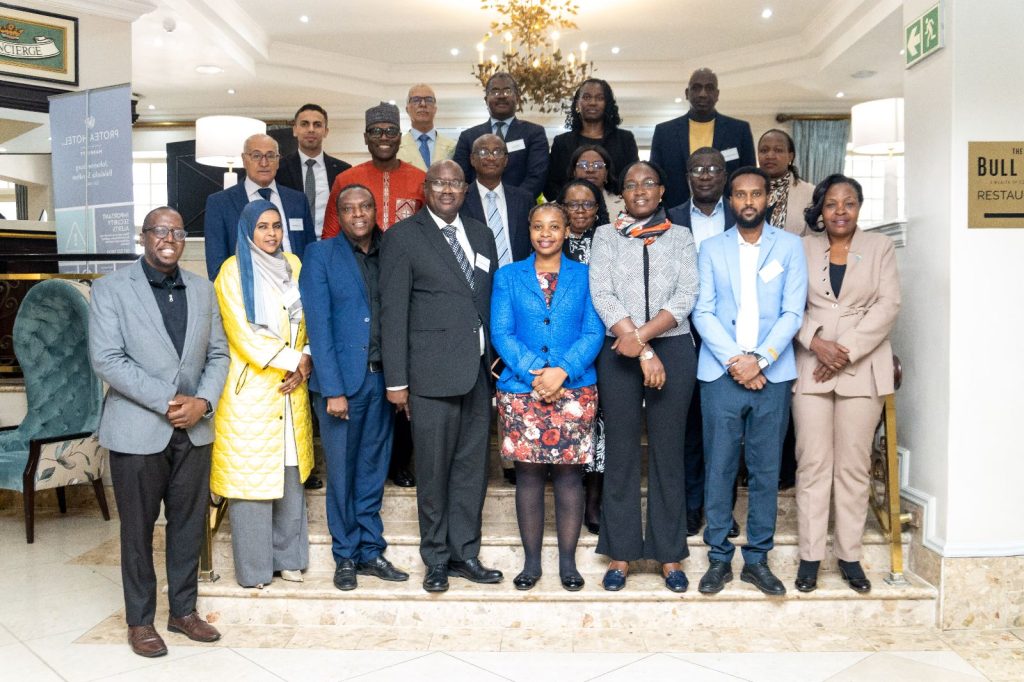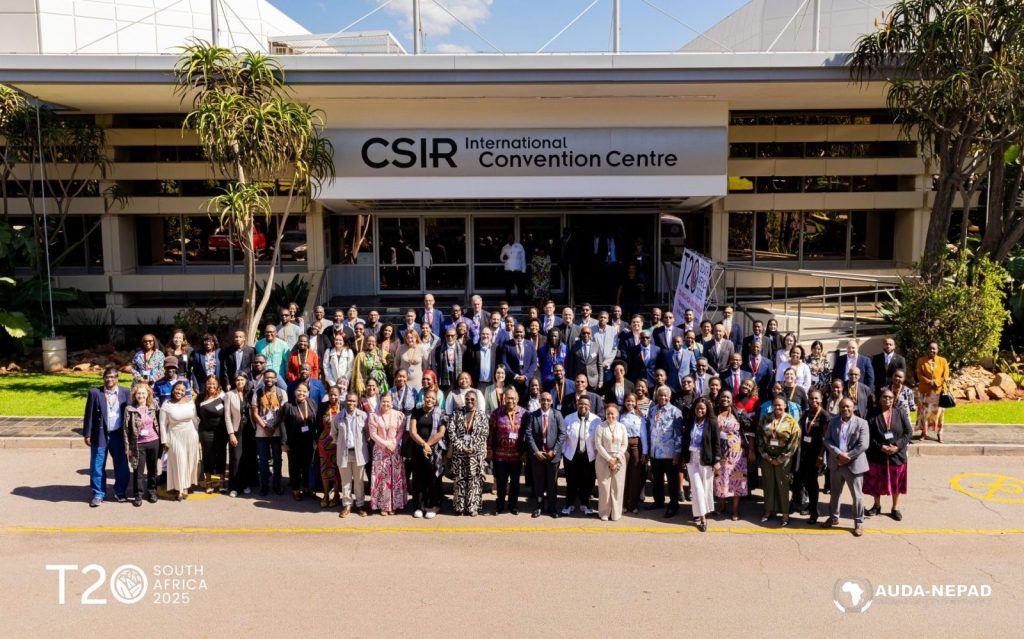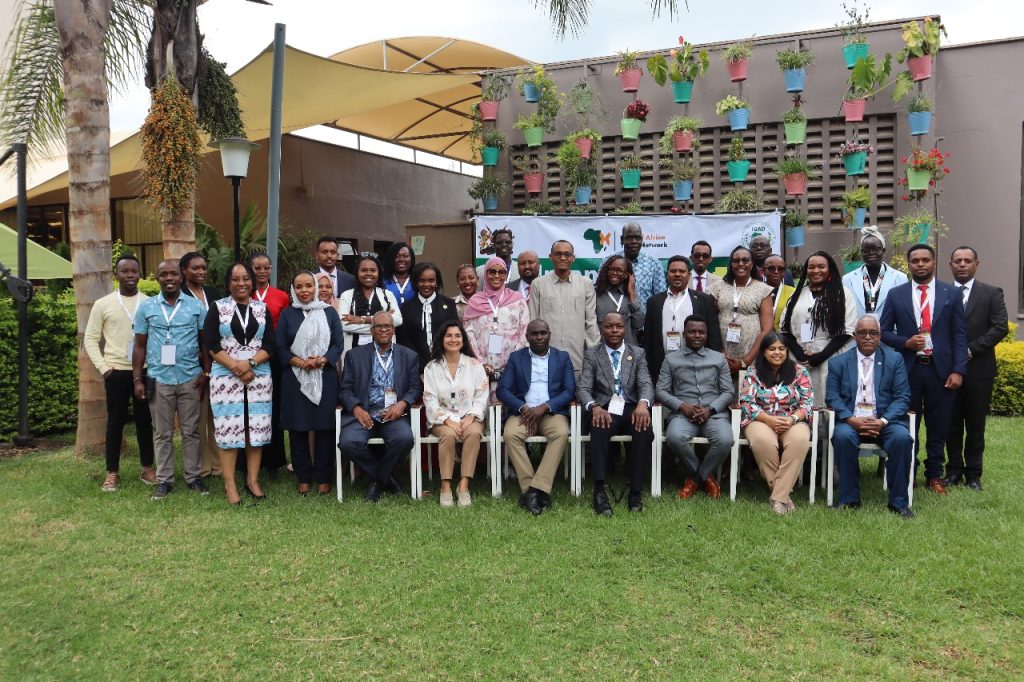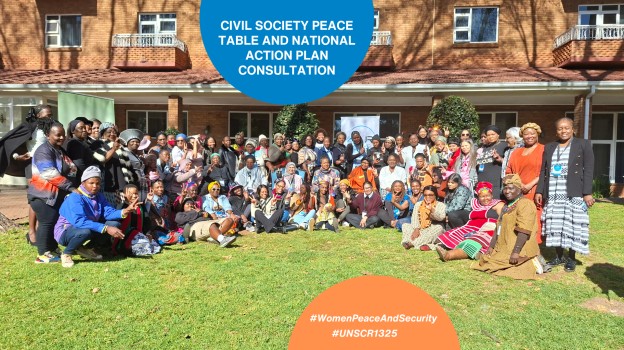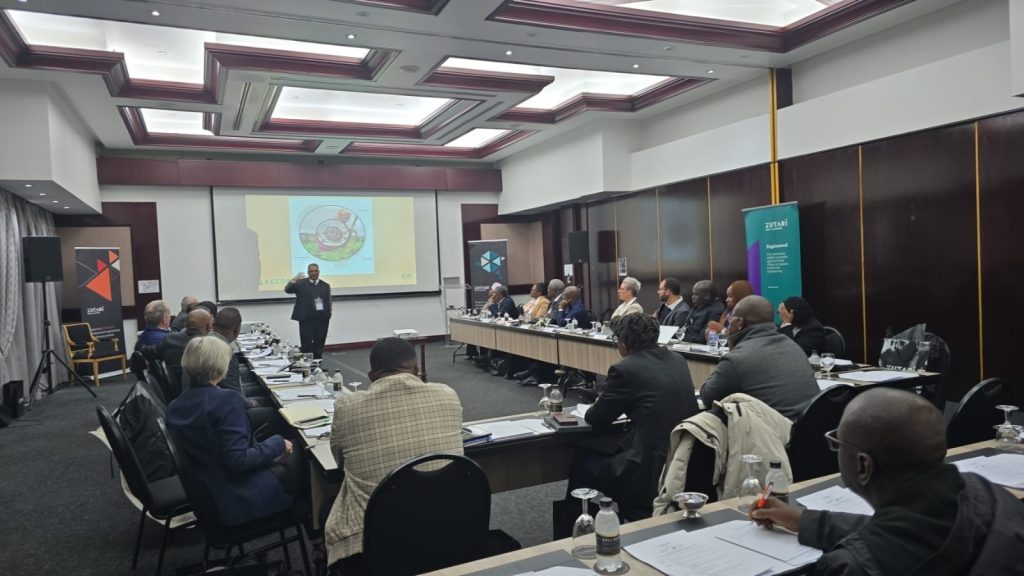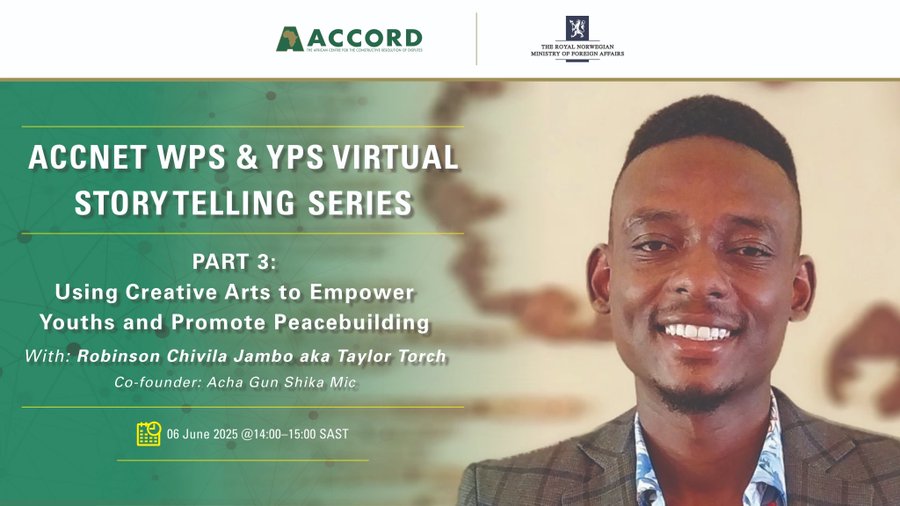In order to raise awareness about long-term peacebuilding processes, simulate dynamic conflict environments in order to learn about the effects of policies or interventions, and to simulate adaptive decision-making, the Peacebuilding Unit at ACCORD is part of a consortium of institutions working together to develop an innovative online peacebuilding computer game. This e-learning opportunity will contribute to higher learning in peacebuilding on both strategic and tactical levels.
This consortium is made up of PeaceNexus, The United States Institute for Peace, The United Nations Systems Staff College, Folke Bernadotte Academy and the SwissPeace Foundation. The consortium met for a second time in Turin, Italy from 27-28 January 2014. This workshop built upon a previous one held in Berlin on 9-10 October 2013, which focused on: Raising awareness about long-term peacebuilding processes; simulating dynamic conflict environments with the aim of learning about the effects of policies or interventions and; Simulating adaptive decision-making. The aim of this second Peacebuilding Game Workshop was to move the process of the game development forward and finalise the game document. The two day workshop proved very successful. With experts – Mr Azim Arshad, Team Leader, Standing Police Capacity/Police Division/Office of the Rule of Law and Security Institutions at UN DPKO, and Ms. Elizabeth Kissam, PeaceNexus Consultant – providing background and experiences in the field, the group was enabled to draw some examples to form a fictional but realistic conflict-afflicted case study.
Within this case study, the game player’s mission was determined to be “establish independent, accountable and efficient justice institutions capable of addressing the justice needs of the people of Zhobia by delivering justice for all.” Other objectives and elements of the game were also developed. At the strategic level, the game will challenge players to continue to work towards the overall goal of peacebuilding, even when circumstances become difficult. At the tactical level, the game will teach skills of adaptive management, requiring a combination of analytical skills to understand the shifting context and tactical decision-making about what to prioritise to achieve the objective under serious time and resource constraints. Finally, the game intends to spark a conversation on the relative value of the various end stages of the game, some of which are clear losing scenarios, but others require a more nuanced discussion around the relative value of more pragmatic hybrid solutions versus more ideal-type utopian solutions.
ACCORD brings a unique contribution in the collaboration for developing the game, since ACCORD is the only actor based in Africa and works with local actors (the majority of those involved work with training UN and EU officials). This new, innovative and interactive field of training significantly benefits the Unit in giving new approaches towards training, therefore improving its capacity building approaches. This game is orientated towards the focus on the Unit in terms of security sector reform in a post-conflict African based nation, capacity development and local ownership–all key aspects of the Unit’s work and central issues in the Unit’s trainings.
The development of the game, and ACCORD’s continued collaboration in reviewing the design, will broaden training capacities by the innovations of e-learning. It will enhance the quality of trainings by the experiential, dynamic, skills-based, and creative simulations within the game design. The game will thus significantly benefit higher learning institutions and peacebuilding practitioners by better training students and peacebuilders to be at the cutting edge, more aware and more strategic within peacebuilding environments. ACCORD is an active member of this consortium, which is now in the fundraising phase.

